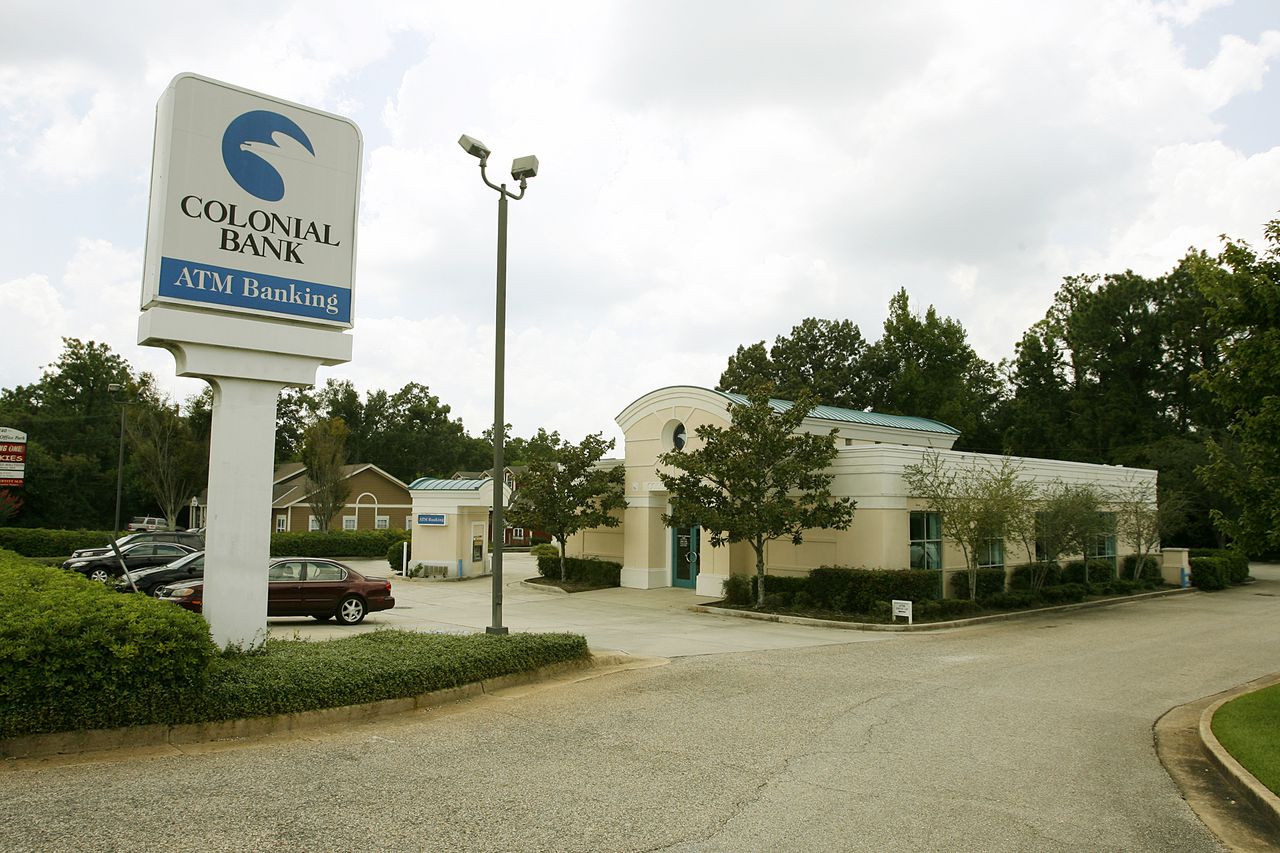Alabama bank failure was fifth worst in U.S. history
The failures of Silicon Valley Bank and Heritage Bank last week had one consequence – they overshadowed the largest failure experienced by an Alabama-based bank, a fall that took place more than a decade ago in the wake of the Great Recession.
Colonial Bank, once Alabama’s second largest bank, with about 350 branches and 4,500-plus employees, was the subject of what is now the fifth largest bank failure in U.S. history.
The worst, Washington Mutual Bank, with about $307 billion in assets, failed in September 2008 at the beginning of the recession. SVB, with $209 billion, has slid into second place, just ahead of last week’s collapse of New York-based Heritage Bank, which had $110 billion in assets. IndyMac, with $30.1 billion in assets, fell in July 2008.
Colonial, which was seized in August 2009 by state regulators and acquired by BB&T, had $25 billion in assets. It was the 74th bank failure in the tumultuous year of 2009.
Founded in 1981 by former Auburn University trustee and football booster Robert “Bobby” Lowder, Colonial had built a reputation over three decades of steady acquisition. But a series of heavy losses on real estate and construction loans made in Florida and Las Vegas just before the housing market collapsed ultimately spelled its doom.
It posted six consecutive quarterly losses totaling $1.6 billion, and then found itself entangled in criminal and regulatory investigations.
A 2010 FDIC report found that Colonial, focused on rapid growth in real-estate hot spots, resisted regulator entreaties to slow down. The bank gorged itself on risky real-estate loans, and invested a large share of its capital in bundles of subprime mortgages, causing $760 million in losses just before the end.
‘’As the economy deteriorated, bank management was slow to recognize and effectively react to the bank’s deteriorating condition,’’ the FDIC wrote.
Colonial Bank’s colossal failure also changed the way banking regulators do business.
The report said Colonial thwarted oversight by switching from a federal charter to a state charter 14 months before it failed. When Colonial Bank folded in 2009, it led to new policies to ensure other banks could not elude and ignore federal regulators.
The collapse eventually cost the FDIC’s Deposit Insurance Fund an estimated $2.8 billion.
